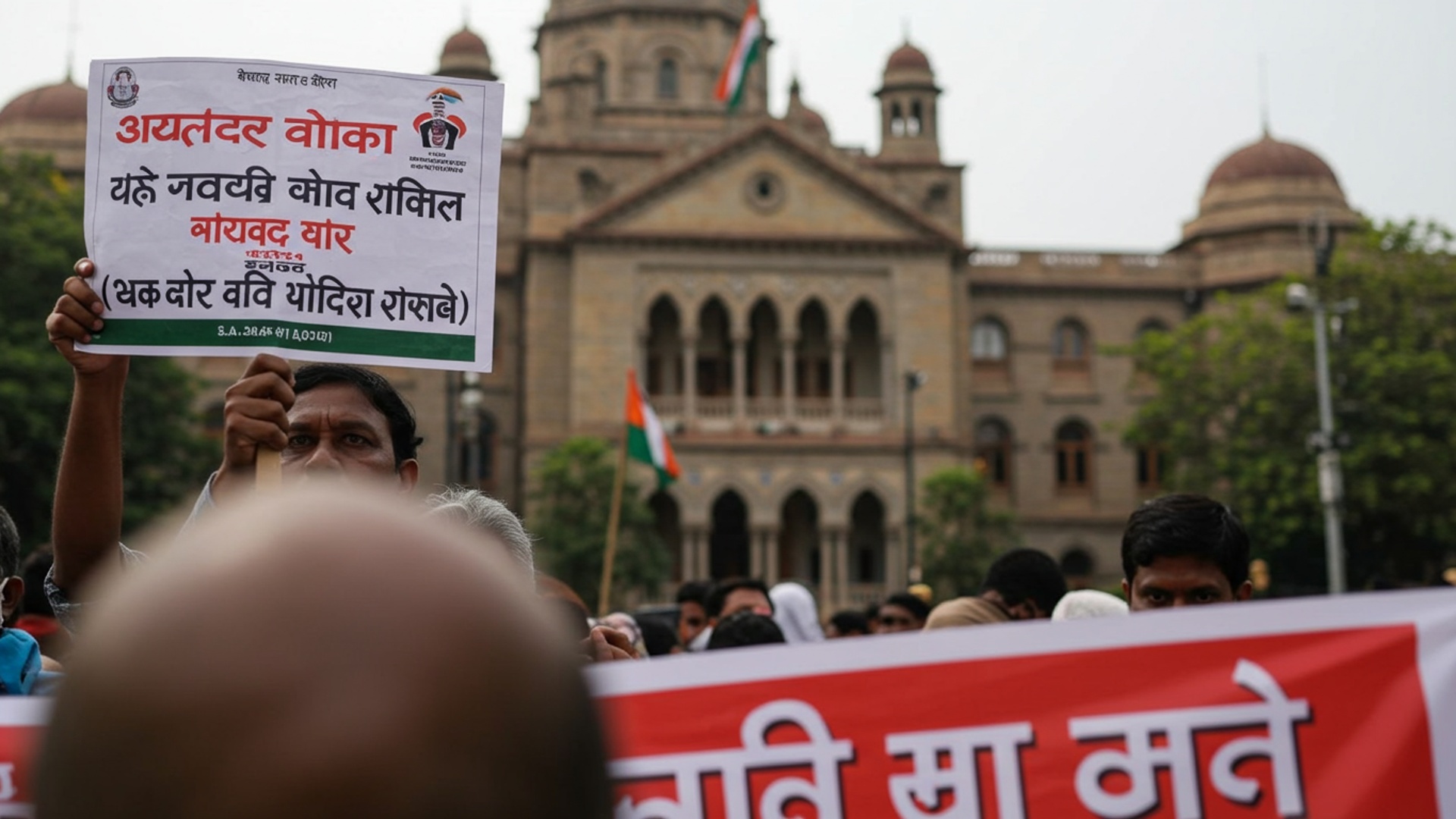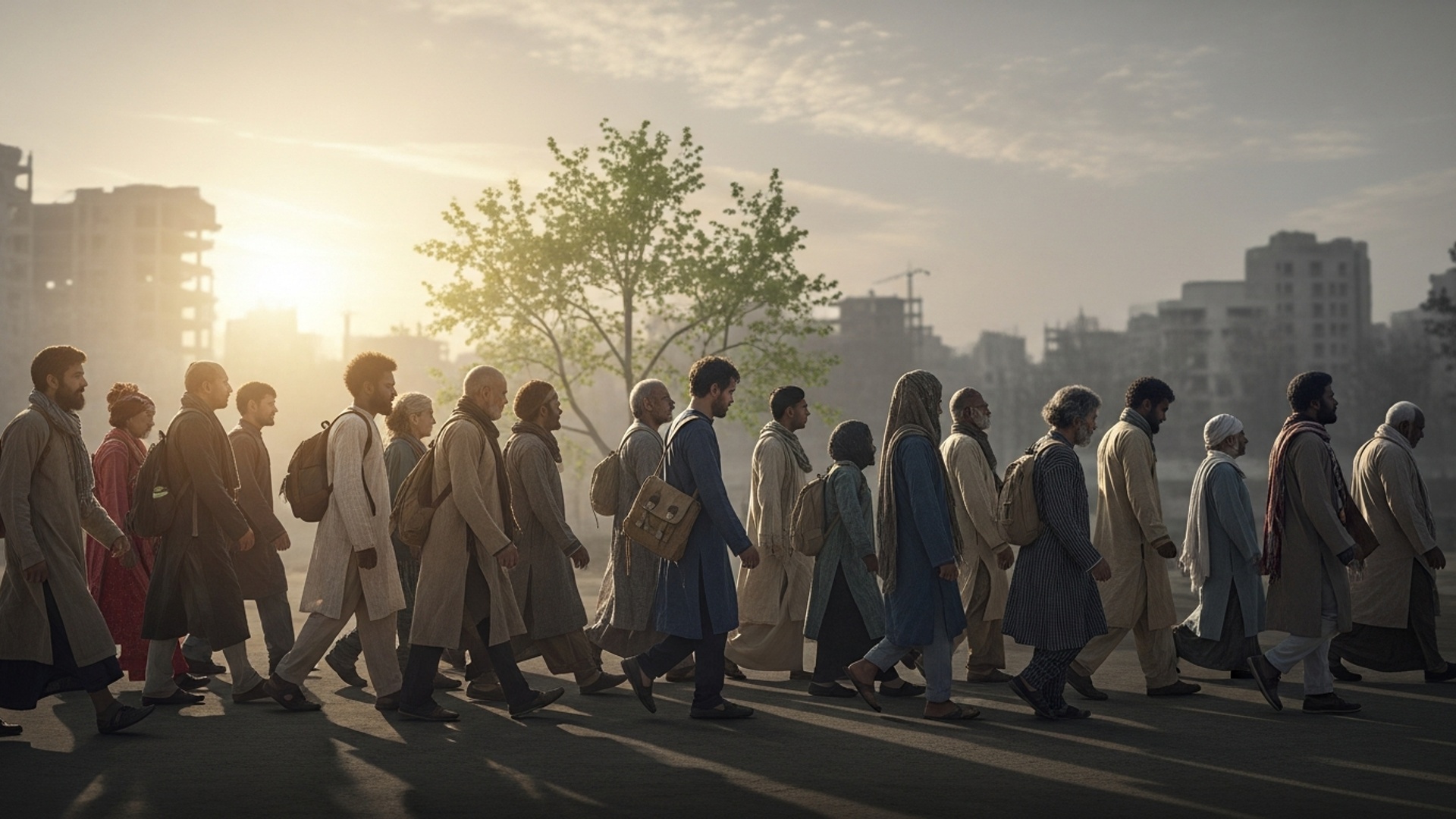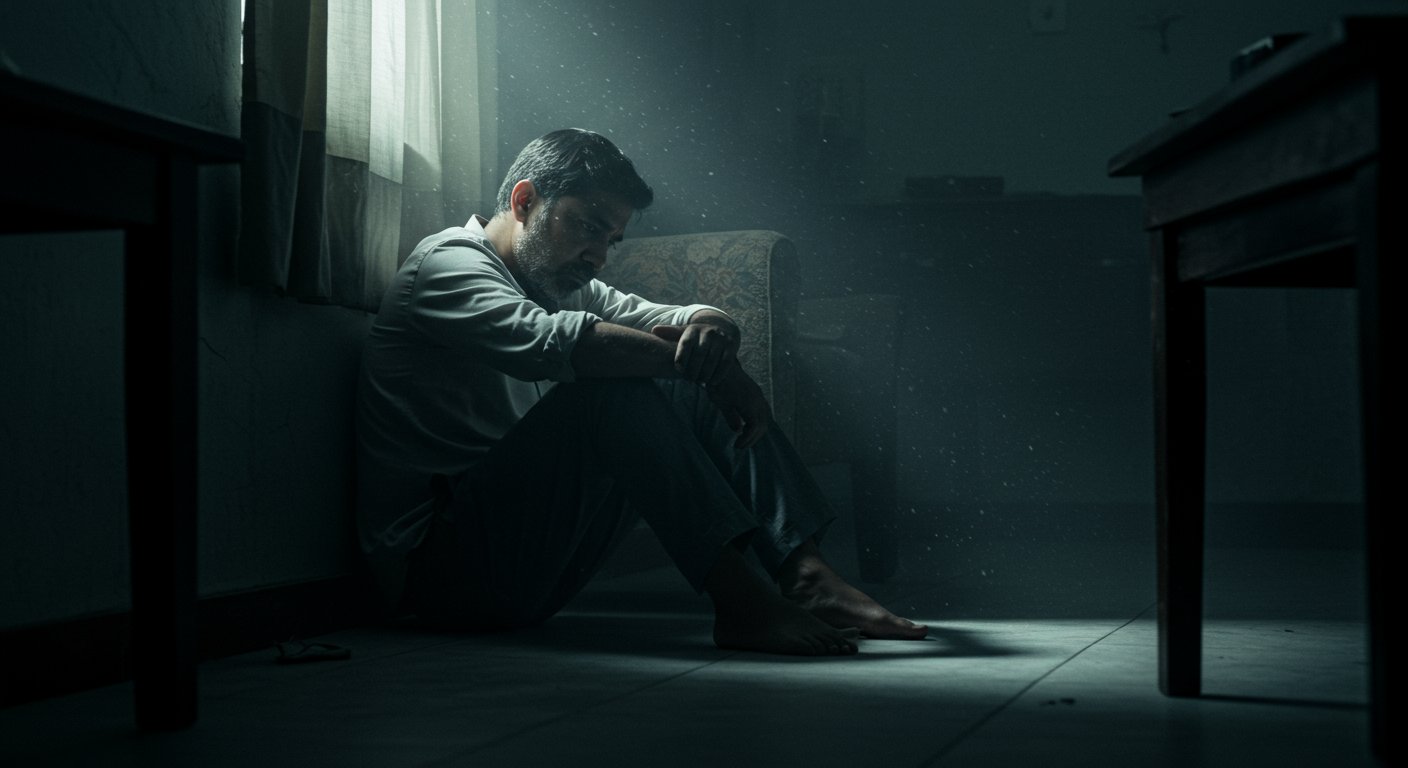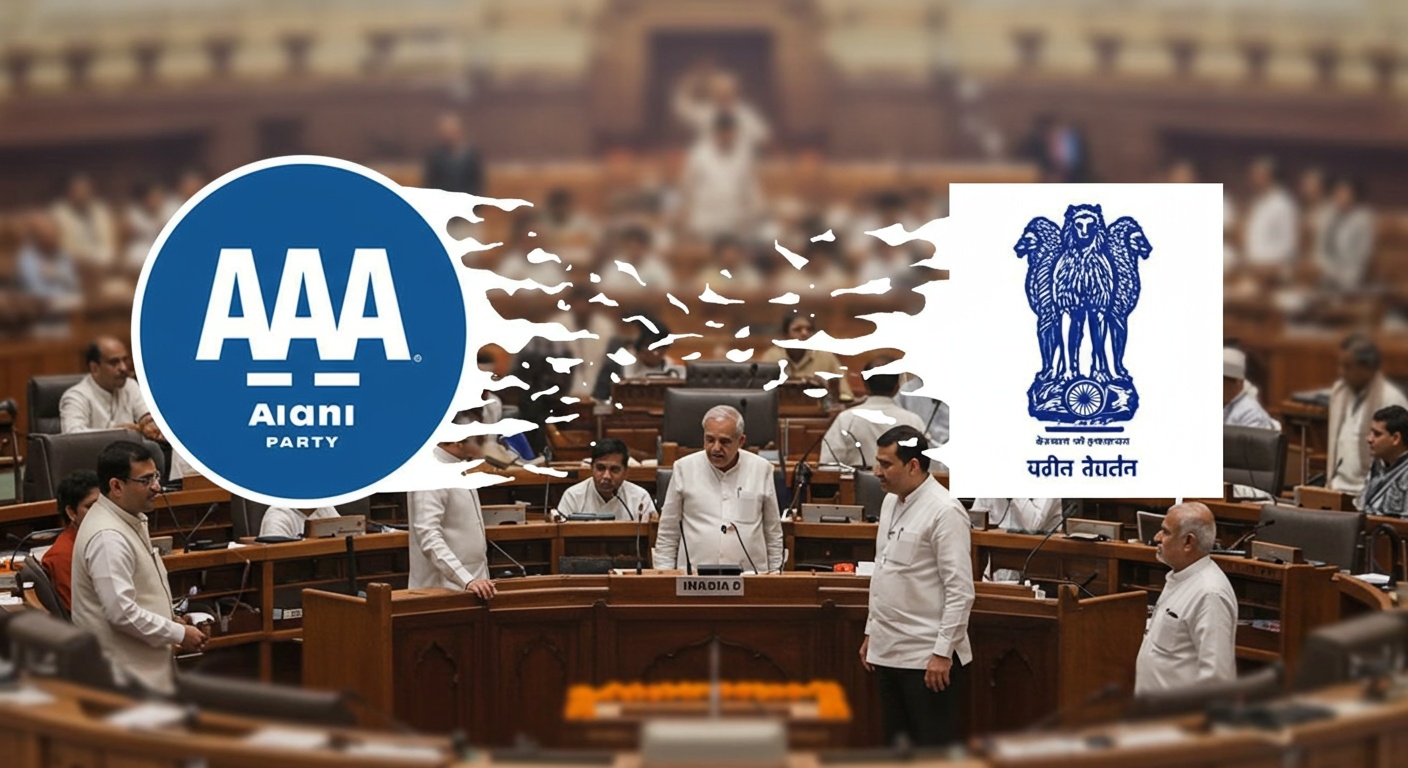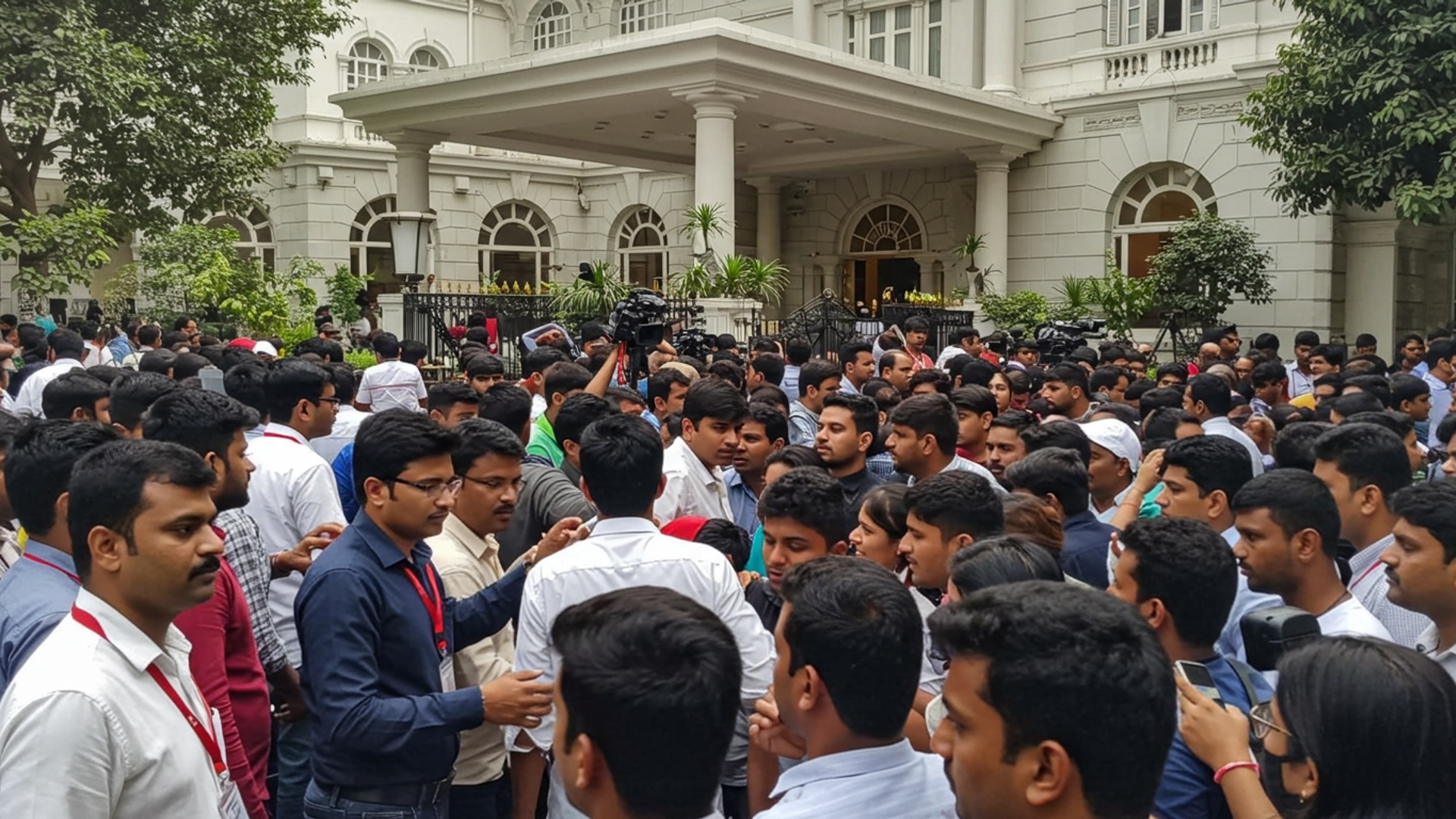Rights groups across the state are urgently calling on the Governor to reject a highly controversial security bill, warning that its approval would severely limit basic freedoms. As the proposed law now waits for the Governor’s final decision, these organizations are strongly pressing for a veto, arguing it gives too much power to authorities and could stop people from speaking freely. This crucial push comes as time runs short, sparking deep worry among many people and groups about a major step backward for everyone’s rights.
Understanding the Proposed Security Measure
A new security bill, currently awaiting the Governor’s decision, has drawn significant attention. This proposed law aims to give law enforcement broader powers in the name of public safety. Supporters say it is needed to address rising crime rates and new threats facing the community. The bill includes provisions for increased surveillance, longer detention times for certain offenses. expanded access to personal data by authorities. Some parts of the bill would allow police to gather details from electronic service providers without a warrant in certain situations.
For instance, it could permit wider use of facial recognition technology in public spaces and allow police to hold individuals suspected of certain crimes for longer periods before charges are filed. The bill also looks to increase penalties for people involved in unauthorized public gatherings, with prison sentences for those who block traffic during protests.
Concerns Raised by Rights Organizations
Many civil rights groups have openly stated their strong opposition to the new security bill. They argue that while public safety is crucial, the bill goes too far and could take away basic freedoms. Organizations like the American Civil Liberties Union (ACLU) have expressed worries about the bill’s impact on individual privacy and the right to protest peacefully.
“We are concerned that this new authority could be used to expand racial profiling or be used to watch and investigate communities of color and political opponents in the name of national security,” a statement from a coalition of civil and human rights organizations read.
These groups point out that giving police more power without enough checks could lead to misuse. They highlight that existing laws already provide many tools for law enforcement to address crime. For example, some argue that authorities already have enough ways to investigate and prosecute criminal acts, including those related to violence, without needing new laws that might harm civil rights.
Specific concerns raised by these groups include:
- Increased government surveillance and its effect on personal privacy.
- The potential for discrimination and targeting of certain communities.
- Restrictions on the right to peaceful assembly and free speech.
- Lack of clear oversight mechanisms for the expanded police powers.
- Risk of longer detention without charges, which could weaken fair legal processes.
The Electronic Privacy data Center (EPIC) and other groups have also noted that such bills could allow for the collection of more personal data than is necessary. might permit its use in ways that discriminate.
Support for the Security Bill
On the other side, supporters of the security bill, including some law enforcement officials and government leaders, believe it is a necessary step to protect citizens. They argue that the current laws are not strong enough to handle modern threats, such as organized crime and new forms of violence.
“This legislation will ensure our communities are safer and our borders are more secure,” stated a representative from a public safety department.
Those in favor often point to specific incidents or rising crime statistics to show the need for stronger measures. They say that the bill would provide essential tools for police to prevent serious crimes and respond quickly to dangerous situations. The aim, they say, is to keep people safe and maintain order.
Arguments made by supporters often include:
- The need for stronger laws to fight new and changing security threats.
- Providing police with better tools for quick response and crime prevention.
- Enhancing overall public safety and stability.
- Ensuring that law enforcement can act effectively in emergencies.
Some lawmakers believe that finding a balance between individual freedoms and public safety is vital. They argue that the bill includes safeguards to protect rights while still giving police what they need.
The Governor’s Role and Past Actions
The Governor now faces the decision of whether to sign the controversial security bill into law, veto it, or allow it to become law without a signature. This decision carries significant weight, as it will affect the lives of many people and the relationship between citizens and law enforcement.
Governors often have to balance different interests when signing bills, including public safety, economic impact. civil liberties. In the past, Governors have taken different approaches to bills that touch upon privacy and security. For example, some Governors have signed laws aimed at protecting personal data online, putting limits on what companies can collect and how they use it. Other Governors have vetoed similar data privacy bills, citing concerns that such laws could harm businesses or make the state less friendly to them.
The Governor’s office has a history of reviewing legislation carefully to ensure it aligns with the state’s goals and constitutional principles. Decisions on such bills usually involve considering advice from legal experts, law enforcement agencies. public advocacy groups. The Governor’s final action on this security bill will reflect how the administration weighs the need for increased security against concerns about individual freedoms and government oversight.
The public’s opinion and the strong arguments from rights groups will likely be vital factors in the Governor’s final decision. The outcome will set a path for how the state handles security and civil liberties in the coming years.
![]()
